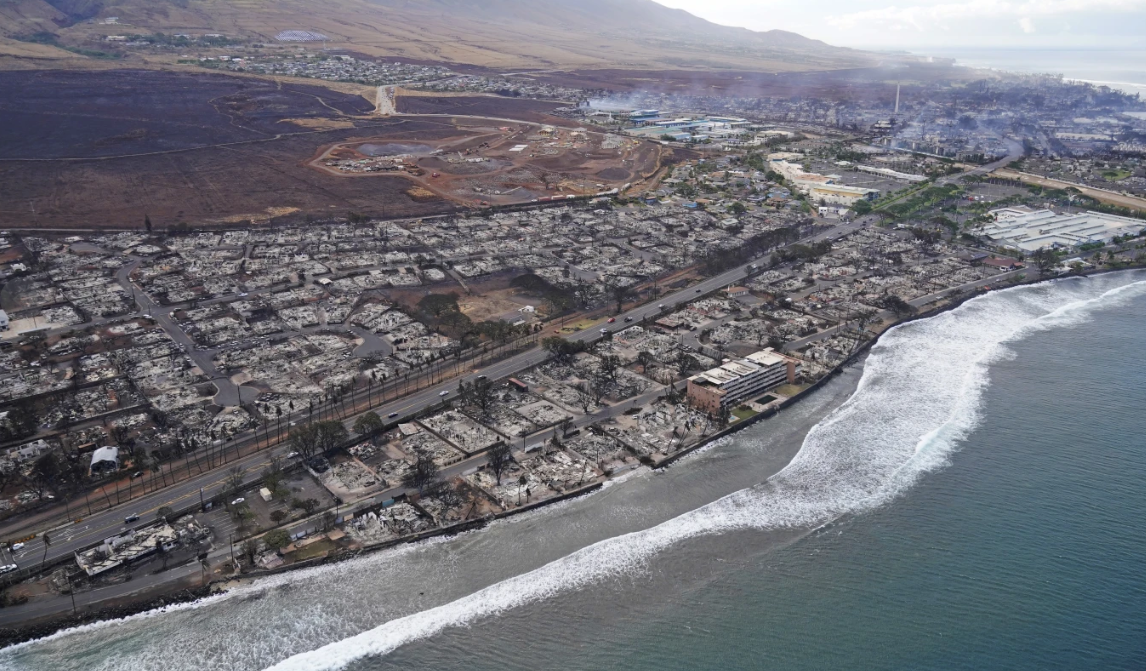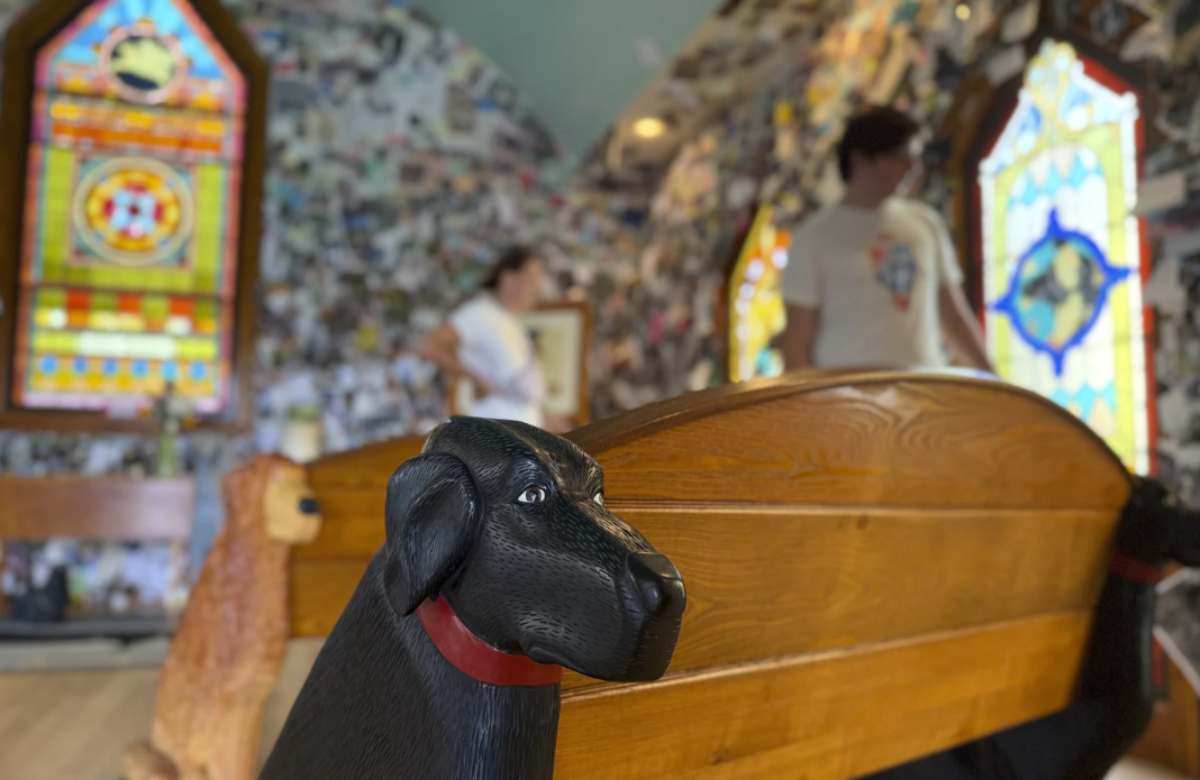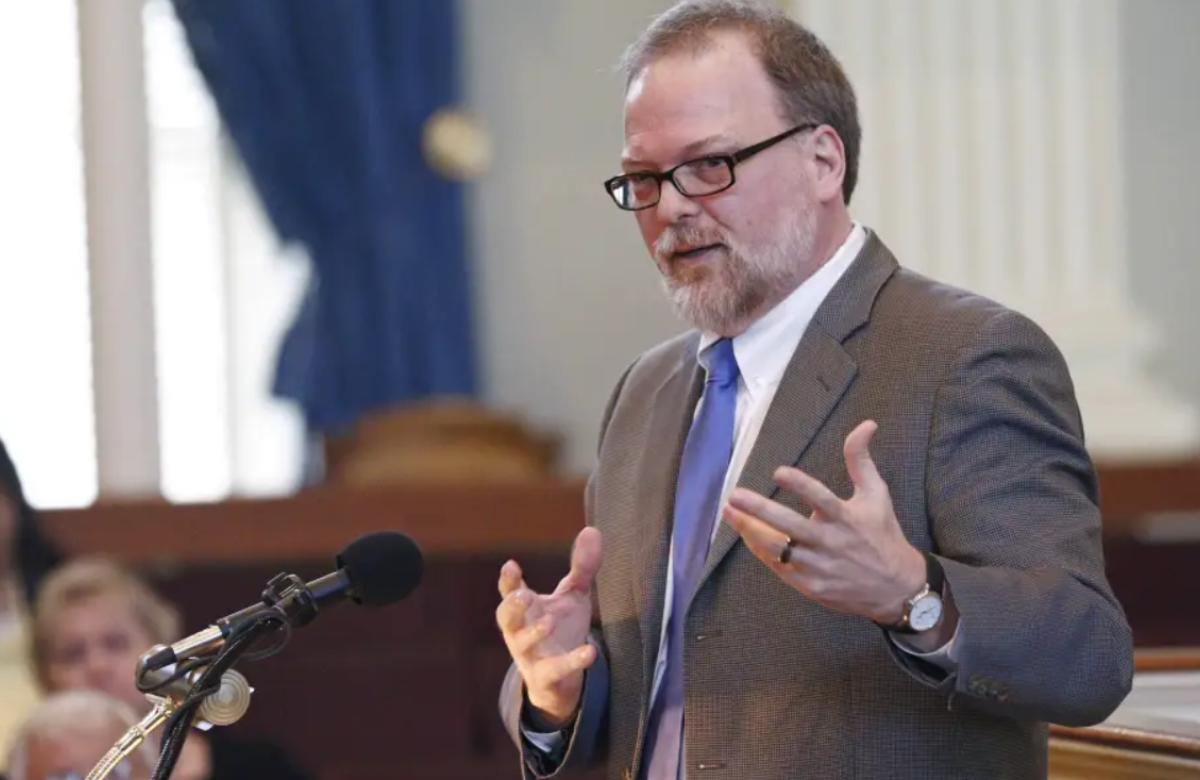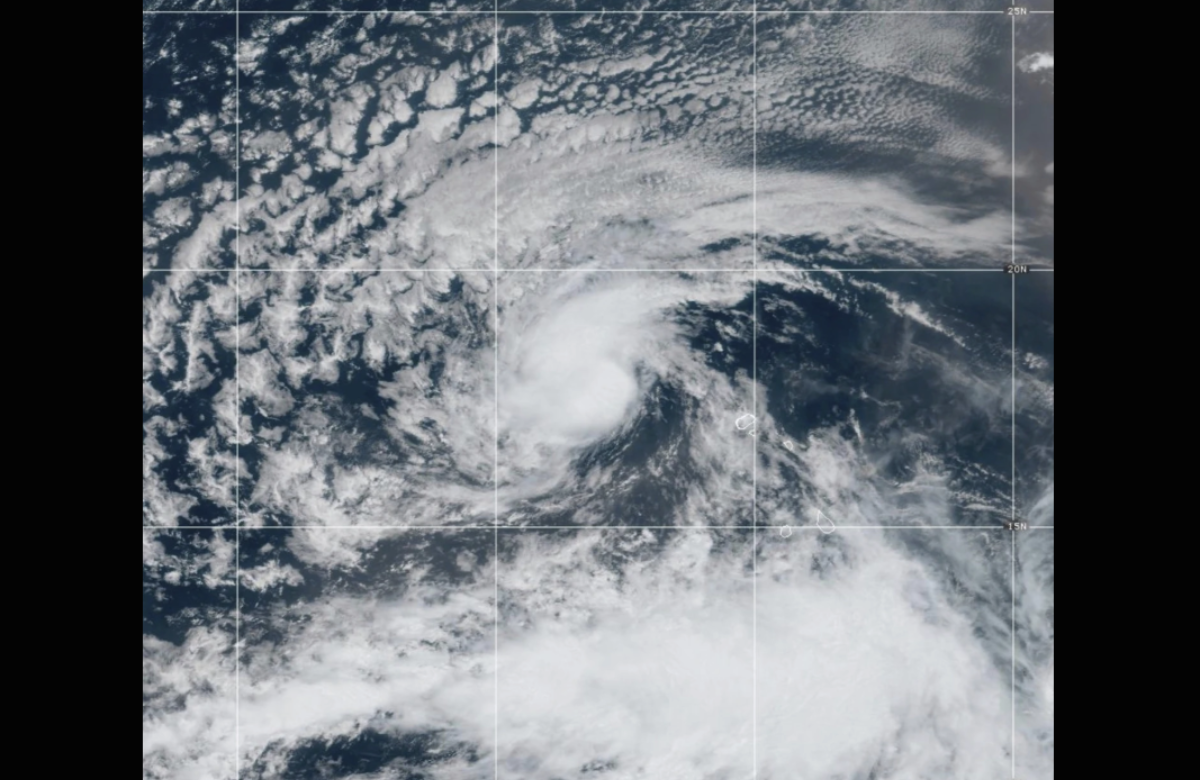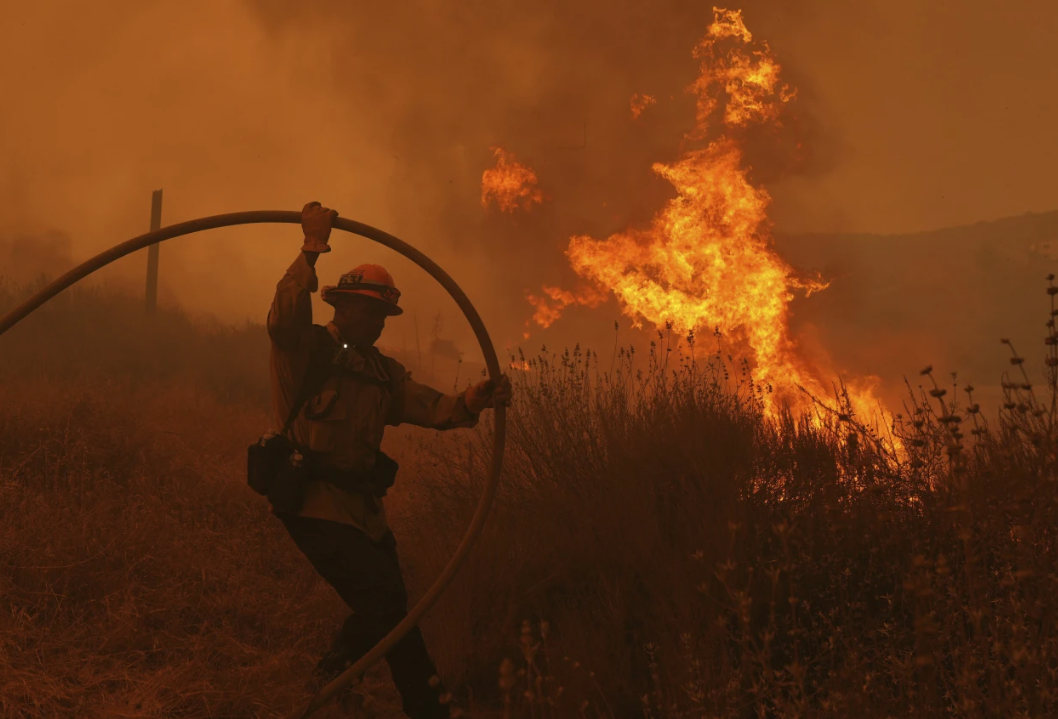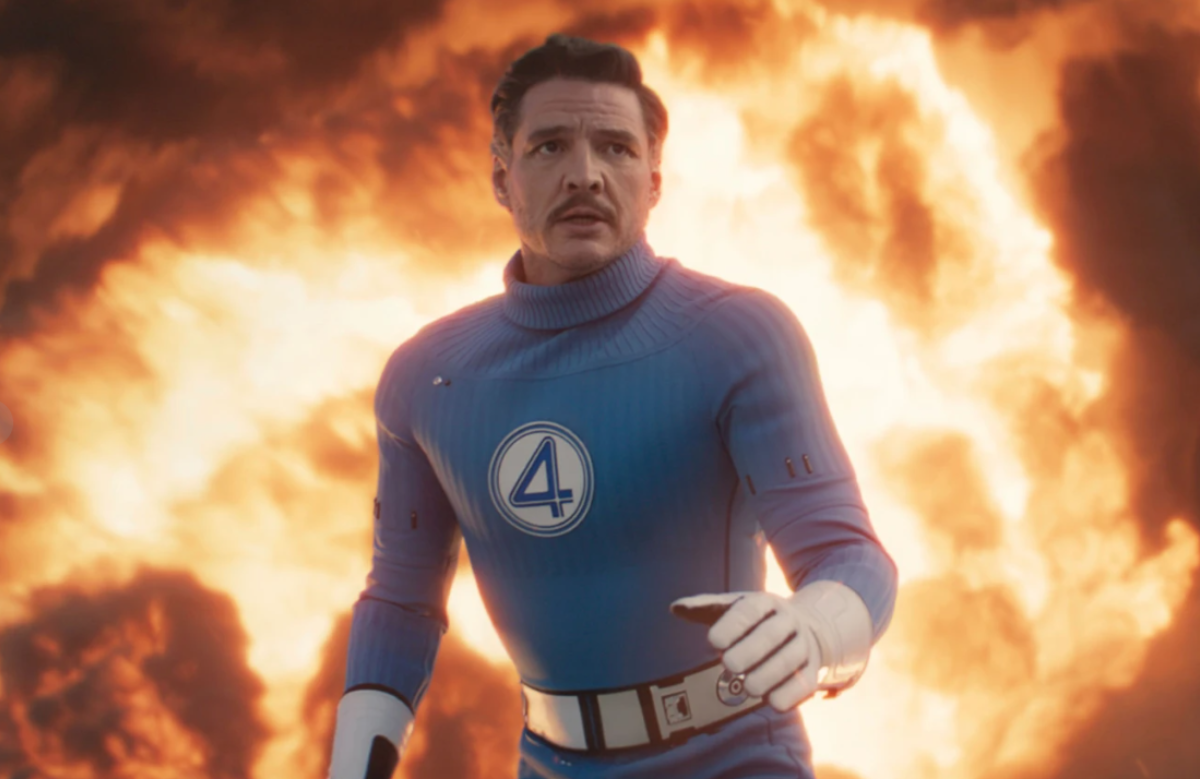When Hawaii Governor Josh Green announced a $4 billion settlement roughly a year after the devastating 2023 wildfire in Lahaina—the deadliest U.S. wildfire in a century—he emphasized the swift resolution to “avoid prolonged and painful lawsuits.”
However, five months later, an unusual trial will begin this Wednesday, tackling difficult questions about how to allocate the settlement. Survivors will take the witness stand, while others have submitted pre-recorded statements, recounting their ongoing pain, which is intensified by the recent destruction in Los Angeles.
This trial won’t assign fault. The parties accused of causing the wildfire, including the state, Hawaiian Electric, and major landowners, have already agreed to the $4 billion settlement.
The main issue now is determining how to divide the settlement among various groups of claimants. This includes individuals who filed lawsuits after losing family members, homes, or businesses, as well as those covered by class-action lawsuits, such as tourists who had to cancel their trips to Maui in the aftermath of the disaster.
Lawyers representing the two groups were unable to reach an agreement, so it has been left to Judge Peter Cahill to decide how the $4 billion settlement should be distributed.
“A class action is for everyone experiencing the same loss,” said Damon Valverde, whose sunglasses business in Lahaina was destroyed in the fire. “I suffered a lot more than others, and some suffered even more than I did.”
Valverde isn’t expected to testify, as the focus will be on victims who lost family members, he explained.
One of those victims is Kevin Baclig, who lost his wife, father-in-law, mother-in-law, and brother-in-law, all of whom are among the 102 confirmed dead. Baclig shared in a statement that if called to testify, he would recount the agonizing three-day search for his family, moving from hotel to hotel and shelter to shelter. “I held onto the fragile hope that maybe they had managed to leave the island and were safe,” he said.
A month and a half passed before Kevin Baclig accepted the painful truth. He traveled to the Philippines to collect DNA samples from his wife’s close relatives, and the samples matched remains found in the aftermath of the fire. He later returned to the Philippines with urns containing their remains.
“The loss has left me in deep, unending pain,” Baclig said. “There are no words to capture the emptiness I feel or the weight I carry every day.”
The class action includes individuals who lost their homes and businesses, as well as tourists whose trips were affected by the disaster. However, Jacob Lowenthal, one of the attorneys representing victims like Baclig who have filed individual lawsuits, believes that only a small portion of the settlement should go to the tourist group.
“The losses claimed by the class are insignificant compared to the losses we’ve experienced,” Lowenthal stated.
Attorneys representing the class did not respond to requests for comment. In their trial brief, they disputed the notion that all valid claims have already been filed. Many people, the brief explained, have refrained from hiring attorneys due to the chaos caused by the fire, distrust of aggressive lawyer advertising, and a desire to see how the settlement process unfolds.
